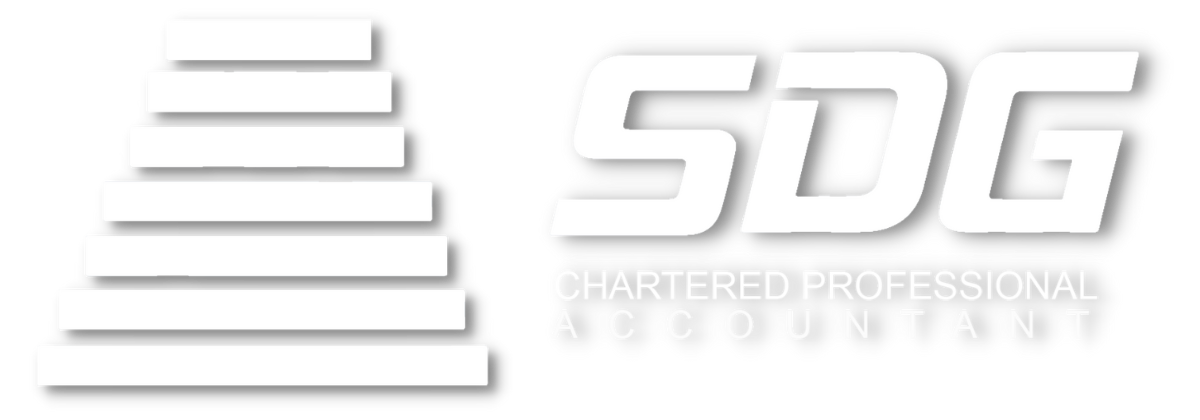
Operating a Business in Canada can be an exciting and rewarding prospect, but there are many issues that individuals need to keep in mind when building their enterprise. In this article, we will be breaking down the things that you should keep in mind for your new business. Here is some important information to consider:
What Type of Business in Canada Should I Set Up?
When we sit down with our clients, our first step is to talk about the type of work that will be done and your goals for the future, to ensure that we figure out the correct type of business setup. Generally, we will look at two different types of businesses:
- Sole-Proprietorship/Partnership
- Corporation/Limited Liability Partnership (LLP)
Sole-Proprietorships and Partnerships are easier to set up. They are also easier to report on as they do not require a separate tax return and are instead included in the owner’s personal T1 returns.
Corporations a more specialized type of business but there are some potential tax advantages that individuals can take advantage of depending on the income you expect to earn or the type of business you will be running. LLP’s are very similar to basic corporations, however, this type of business is reserved for business professionals such as lawyers, doctors and accountants.
What Do I Need to Keep Track of for My Business?
In any business in Canada, you will want to keep track of your income and expenses so that you know how well your business is performing. However, there are some items that commonly overlooked or neglected.
On the income side, GST/HST does not get enough attention. Not all business in Canada need to collect GST/HST; depending on your business revenue over the year you may not be required to collect GST/GST. This is something that we look at with clients who have had a business running for over a year, or for individuals starting a business where they have a projection for their income streams. We would like to stress, however, that if you decide to collect GST/HST that are required to remit those amounts to the CRA.
With regards to expenses, there are some items that will require more attention than others. Some expenses will be tax deductible on your year-end tax return, while others will not qualify, or will only be partially deductible. Taking into account assets through Capital Cost Allowance can also provide sizeable tax deductions (however that is a topic for another post or personal consultation).
Determining what is and isn’t deductible is not only based on your work but also the type of business that you have created(Sole Proprietorship vs Corporation). Making sure that you are tracking every type of expense will be an important step in making sure that you are accurately reducing your year-end tax obligation.
Once your company starts to grow and you hire additional workers, you will also need to make the appropriate tax deductions and remittances with regards to income tax, CPP and EI.
How Should I Keep Track of My Income and Expenses?
How you record your transactions is mostly a case of personal preference. Each of the clients is slightly different, but we recommend you to keep one or a combination of the following:
- Source Documents
- Bank Account Statements
- Sales Invoices
- Receipts
These records will be crucial in corroborating your revenues and expenses with the government in the event you are ever audited by the CRA. These items will also be useful for your personal bookkeeping.
In order to facilitate the record keeping, there are also many programs available such as QuickBooks which can make the accounting process more streamlined. For more technical users, Microsoft Excel can be a powerful tool as well in your business’ bookkeeping.
What Dates Should I Keep in Mind?
As an individual, you are required to file your taxes by April 30th.
Sole-Proprietorships and Partnerships fill on the owner’s individual tax returns, however the deadline shifts to June 15th. Please note that any tax owing is still due to be paid to the CRA on April 30th.
The due date for Corporate tax returns is 6 months after the fiscal year-end. There are additional rules regarding the payment of corporate tax owing, that we recommend speaking to a tax advisor to review your personal situation.
For more information please visit — Filing Due Dates for the 2017 Tax Return.
This site provides general information on various tax issues and other matters. The information is not intended to constitute professional advice and may not be appropriate for a specific individual or fact situation. It is written by the author solely in their personal capacity and cannot be attributed to the accounting firm with which they are affiliated. It is not intended to constitute professional advice, and neither the author nor the firm with which the author is associated shall accept any liability in respect of any reliance on the information contained herein. Readers should always consult with their professional advisors in respect of their particular situation.
Andrew Ramires
July 7th, 2017


Great Post!